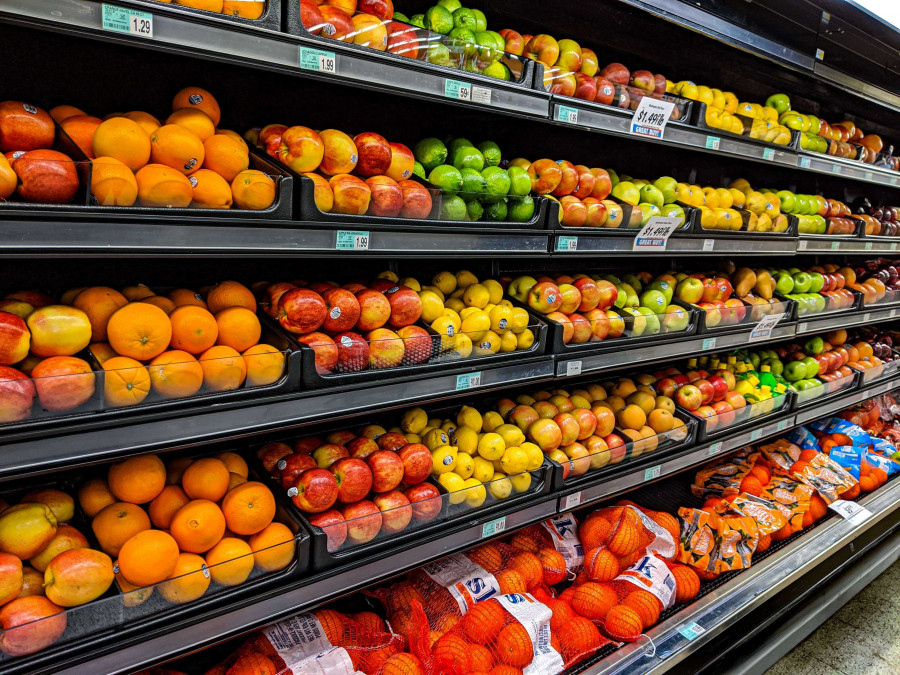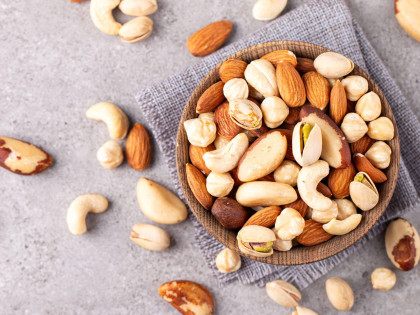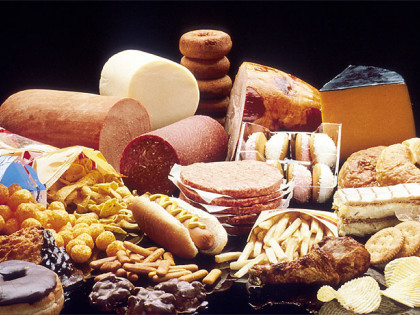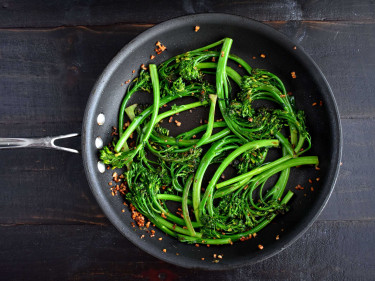The price of groceries has recently spiked due to a combination of factors, including supply chain issues, increasing fuel costs and the 5% rise in the Consumer Price Index. With lettuce currently costing anywhere between $6-$10, it might seem that healthy eating within a tight food budget is not possible. We’ve put together a list of tips to help you save at the supermarket. These will save you much more in a week than the cost of a lettuce.
1. Make a food budget
There are a couple of rules of thumb when putting together a weekly food budget, such as allocating a set amount per person per week e.g., in the range of $70-$100 per person or a maximum of one third of your total household disposable income. Make your food budget realistic, include foods that you purchase at the supermarket as well as foods you might buy on the run, takeaway foods and at restaurants. If you can, try to allocate amounts to healthy basic or ‘core’ foods and discretionary foods, referred to as being energy-dense, but nutrient poor. Start by tracking your food spending for a week to see what foods and drinks you are currently spending money on and how much. Tracking your spending on other non-food items will help to see where you could cut down spending so you can increase how much money you have to spend on core foods.
2. Eat at home more than you eat out
Cooking meals at home will save you money, and may also increase your cooking and food skills and your diet quality. Check out our healthy, easy recipes for ideas on what to cook.
3. Plan meals and grocery lists
Planning out meals and snacks for a few days or the week ahead can help to be more economical in your food purchasing. Start by looking at what foods you already have at home and then making a grocery list of the other foods you need for the meals and snacks you have planned.
4. Look at where else you can make savings
Making savings in other areas of your budget may leave more money to buy food. Consider shopping for cleaning supplies, and household items such as tissues, toilet paper and toiletries at budget stores. Take advantage of free rewards programs that reward you with points, cash-back or discounts to reduce your overall shopping costs. Consider other brands, or look at generic food brands for common staples, which will often offer a similar nutritional profile, at a cheaper cost.
5. Make some swaps
Not all foods have increased in cost at the same rate as lettuce, and making some simple swaps on food items, brands and ingredients in your go-to recipes can save a few dollars here and there and a lot more overall. Check the list below for ideas and head to our Easy Healthy Eating with No Money No Time Facebook Group to get more ideas and share other ways to save.














